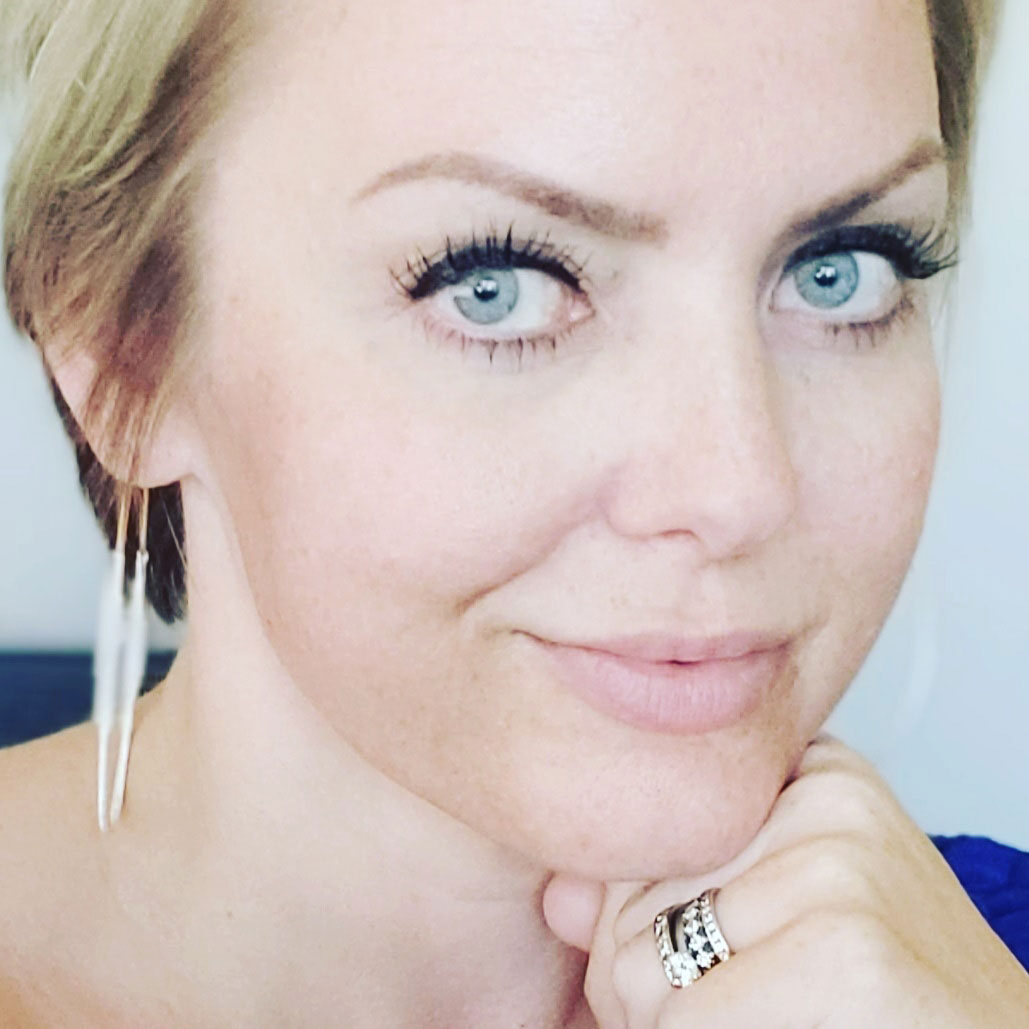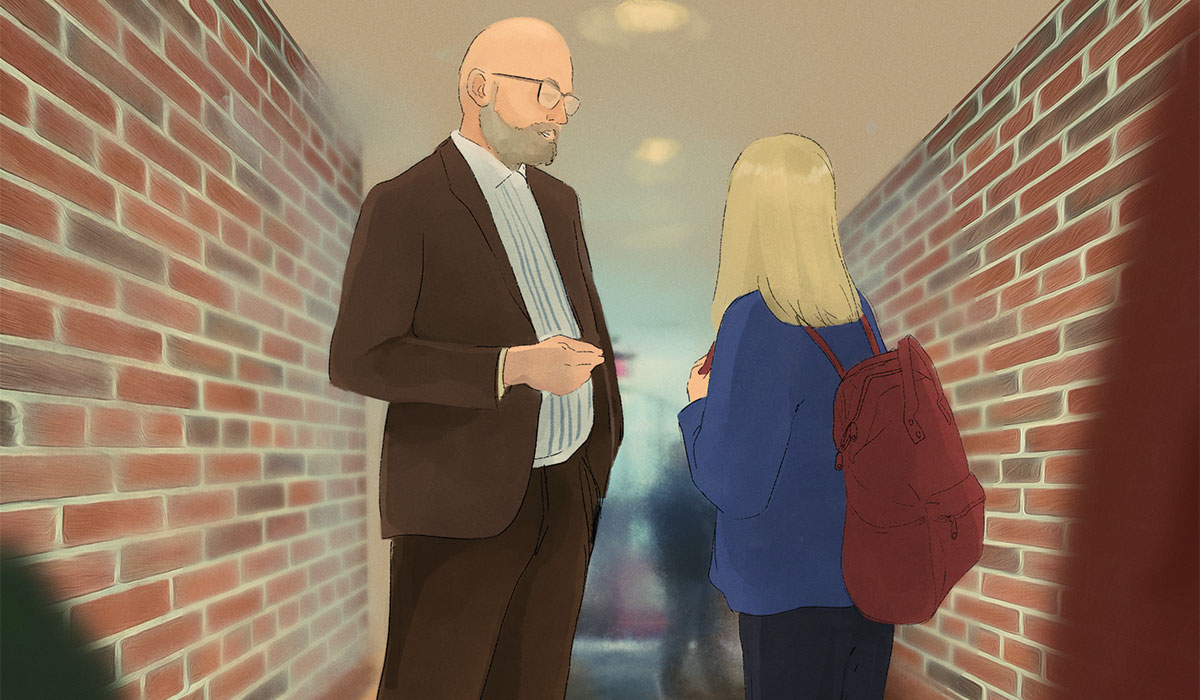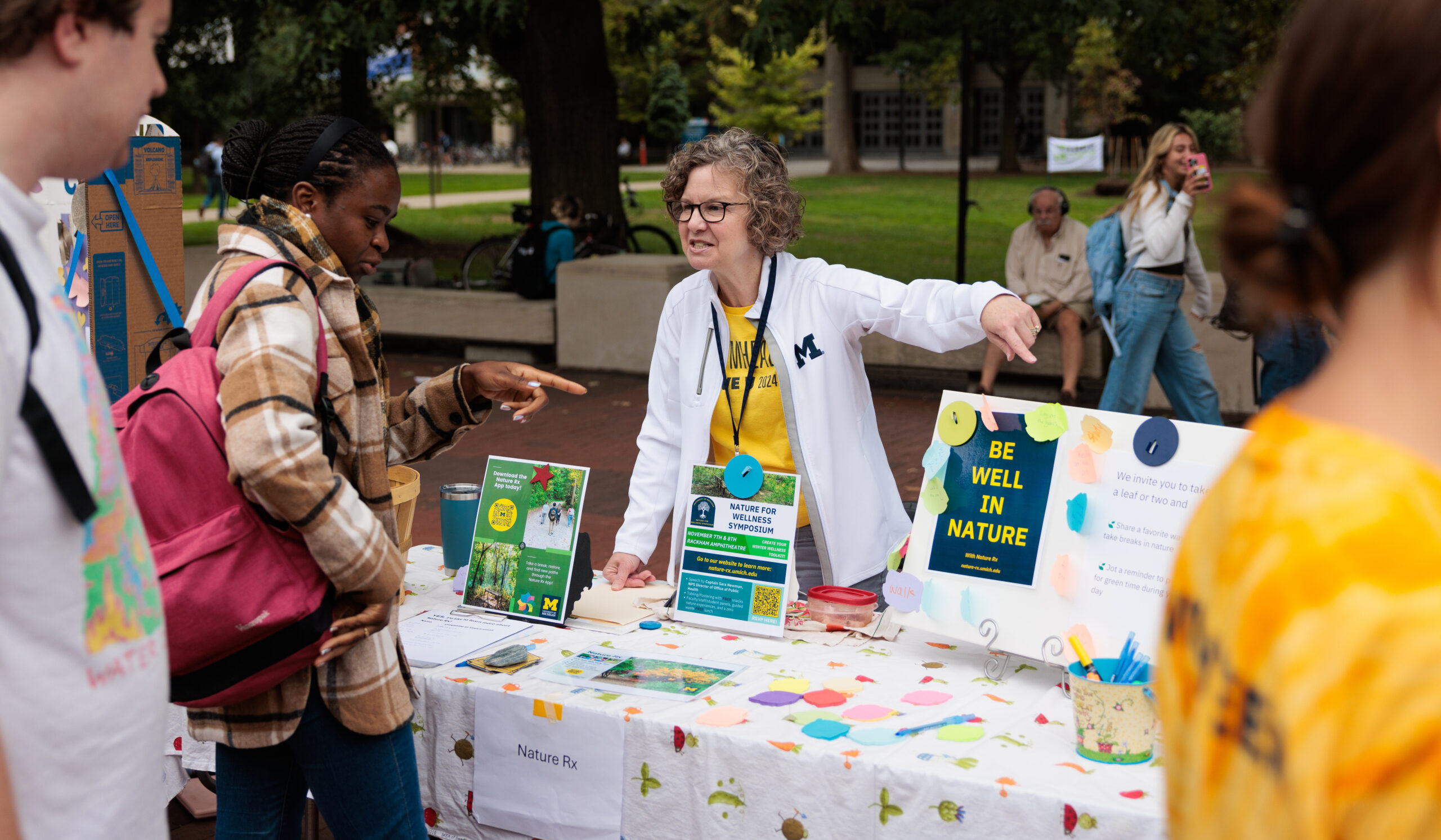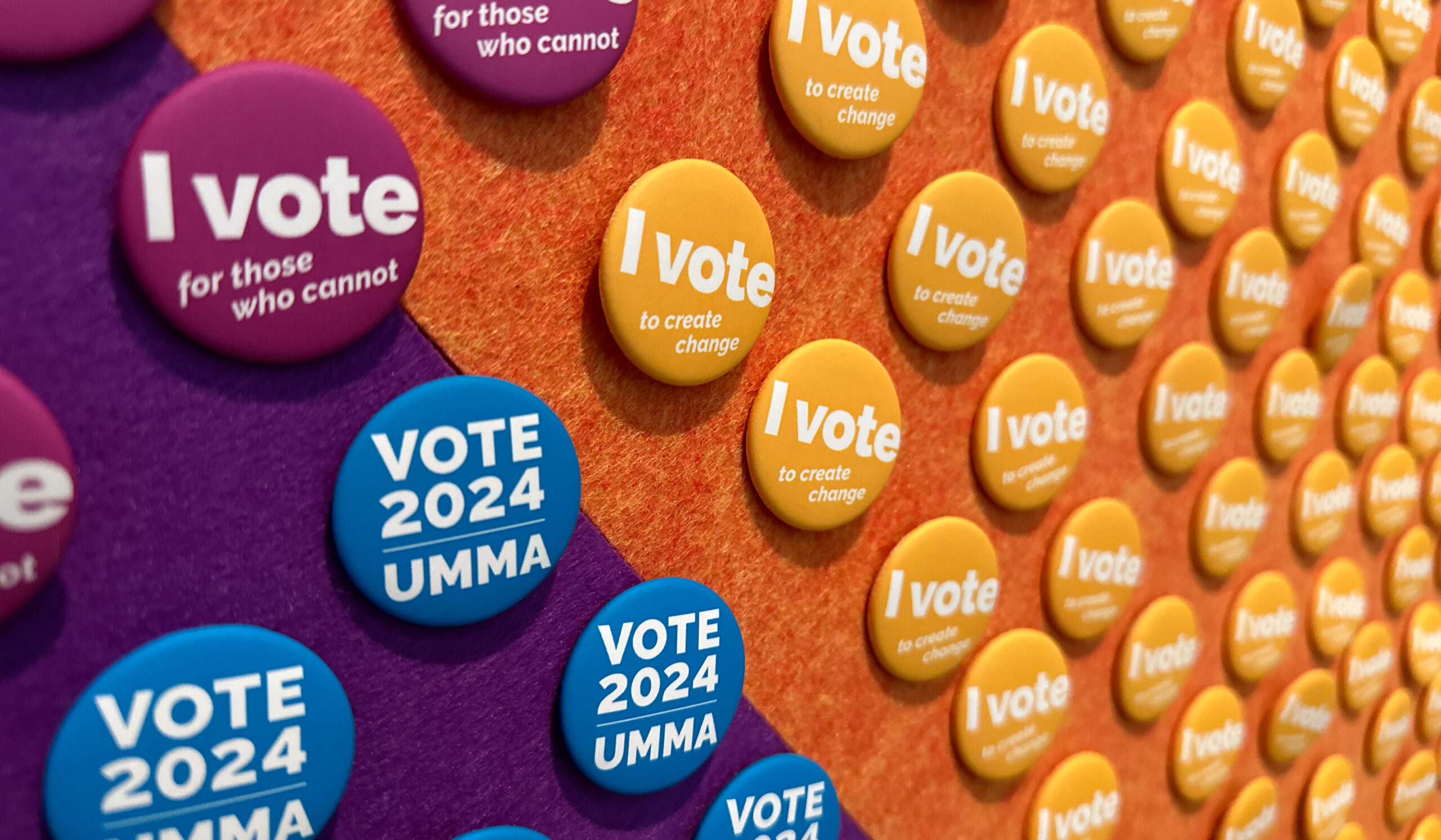Many U-M alumni remember a professor who helped shape their future, but very few can say a professor saved their life.
During my freshman year in the Residential College, I loved the small classes and the opportunity to delve deep into the arts and social sciences. The classes were small and engaging, but very demanding. If you did not come to each class prepared, it was difficult to keep up.
But soon I saw my peers passing me by while I fell asleep with my face pressed into my Spanish textbook. Eventually, my days were constructed solely around taking power naps. Not only was I tired, I could barely concentrate. My thought process was muddled, and menial tasks simply exhausted me. I was miserable and felt a great void separated me intellectually from other students and, especially, my professors.
It was not until a routine doctor appointment that I discovered the reason for my problem: I had end-stage renal disease with approximately 7% kidney function remaining. A rare autoimmune disease ravaged my body and scarred my kidneys so badly they were rendered useless.
I was not falling behind my class intellectually; I was dying.
The professors that I confided in encouraged me to talk to Warren Hecht, the assistant director of Academic Services—a terrifying prospect. To me, he had an ominous presence that was greatly intimidating, so I avoided him as well as the topic of my illness. But one day, Warren—having heard about my illness through the grapevine—caught me walking through the foreign language hall in East Quad. I attempted to hedge deep conversation and made light of the subject because the idea of falling behind in school or leaving campus while I went through the organ donation evaluation process was not an option.
Finally, he blurted out that I was going to die if I kept going at full speed and he did not want that to happen. I was beyond floored—his words were filled with emotion, and his eyes mirrored my well-hidden fears. So began our friendship.
I ultimately made the decision to finish out the academic term. I knew classes would keep me busy and distract from my illness. Warren met with me twice a week, which kept me grounded and reminded me that I made a difference in this world, despite the fact I was the most unconventional student I knew. It helped me look forward to the future with courage that would have been impossible to muster on my own.
Of course, my parents were devastated. And as the term wound down, the doctors told me that my mother was a suitable kidney donor match. So as other students went home after finals to relax for the summer, I prepared for major surgery. Lucky for us, our surgeries went extremely well and I made it back from summer vacation with everyone else.
One consequence of the illness was that I failed my Spanish proficiency exam—not a great surprise when I could barely stay awake. But when I returned to campus, I took the exam again and passed. Results were posted over a long weekend, and Warren made a point to call my parents’ house to let me know.
Although I was getting back on track, the next three years were filled with operations, doctor appointments, and late-night emergency room visits. My transplant and care was at the University Hospital, so I could just walk there between classes. Some days, I left the emergency room to make my 9 a.m. chemistry class. Other students rolled in, talking about last night’s party, while I came prepared because I studied from a hospital gurney into the wee hours of the morning.
School was by no means easy, but it was a rewarding challenge. The most important part, though, was that Warren was always an email or office visit away. In a university as large as U-M, I had a name and a story; I was much more than a number or tuition check.
Not only did I graduate in four years with a double major in the Residential College, I did so at the top of my class. I was not sure of my life trajectory, but I knew I had a lot of experience to offer. I then went on to earn my master’s degree in social work from the University, where I was the student convocation speaker.
My friendship with Warren never fell victim to our fast-paced lives. In fact, Warren, a deacon in the Roman Catholic Church, officiatiated my wedding ceremony.
Whenever I recollect on my time at the University, I realize how truly blessed my life has been. That time gave me the greatest gifts a person could ask for: an amazing education, lifelong friendships, and, miraculously enough, a second chance at life.
 SARAH SCANTAMBURLO, ’01, MSW’03, is a psychiatric physician assistant and pursuing her PhD. She resides in Novi, Michigan, with her Sparty husband and two young sons. She has had three kidney transplants, and her children were born through surrogacy at U-M.
SARAH SCANTAMBURLO, ’01, MSW’03, is a psychiatric physician assistant and pursuing her PhD. She resides in Novi, Michigan, with her Sparty husband and two young sons. She has had three kidney transplants, and her children were born through surrogacy at U-M.





